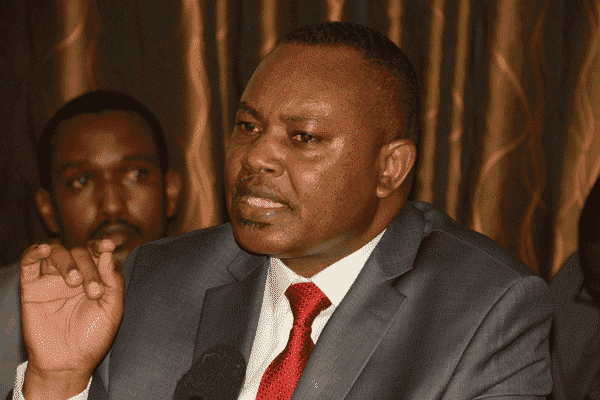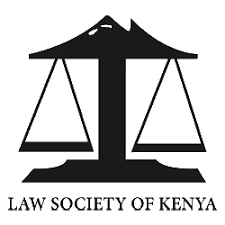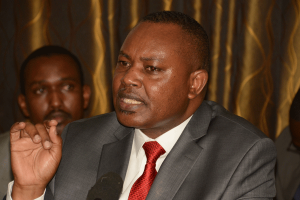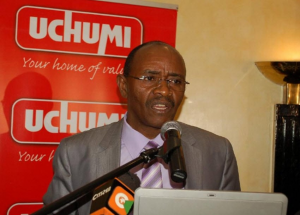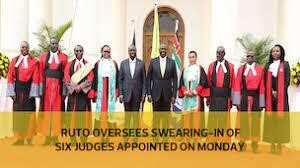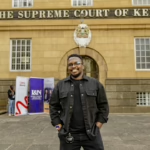DCI Boss George Kinoti/ Courtesy.
NAIROBI, Kenya May 30- The Director of Criminal Investigations (DCI) George Kinoti has directed investigating officers not to record statements with respect to any charges or give evidence in court.
The prolonged turf war between the Office of the Director of Public Prosecutions (ODPP) leaves the prosecution of criminal cases in the country hanging in the balance.
The order comes only a day after Kinoti directed detectives not to write some statements or take fingerprints of accused persons.
On Saturday, the DCI boss asked investigating officers not to write statements under inquiry, which is a statement in the form of inquiry into an alleged crime where the police believe the suspect may be connected with the crime or has useful information regarding it.
Kinoti said it would be difficult for police officers to appear in court to defend charges drawn up by somebody else other than themselves.
“The prosecutor who prepared, drew, signed and presented the charge will be the one to record a statement in respect to the charges and defend the same under oath during examination-in-chief, cross-examination and re-examination,” he directed.
The DCI boss maintained that drafting of the charge sheet has been the mandate of the National Police Service, according to sections 89 (4) and (5).
Similarly, section 134 of the Criminal Procedure Code (CPC) provided that only a police officer or a Magistrate can draw, sign, and present a charge sheet before a court of law but not a prosecutor.
It follows an earlier directive to his officers not to write statements and take fingerprints of accused persons.
Kinoti is now calling on Chief Justice Martha Koome, Attorney General Kihara Kariuki and the National Committee on the Administration of Justice (NCAJ) to urgently intervene in the matter before it creates a crisis in the justice system.
“The directives shall be followed with immediate effect. Any officer who declines these directives shall be held in contempt of court and shall be held personally responsible,” stated a directive signed by the Director of Investigations John Gachomo on behalf of the Director of Criminal Investigations.
He further argued that there will be no “charge and caution” as it is the officer drafting the charges who is supposed to caution an accused person.
A charge and cautionary statement is recorded when police have decided to charge the suspect with the offence.
In what may further paralyse the charging of suspects in court, the detectives have been directed not to take the fingerprints of accused persons.


